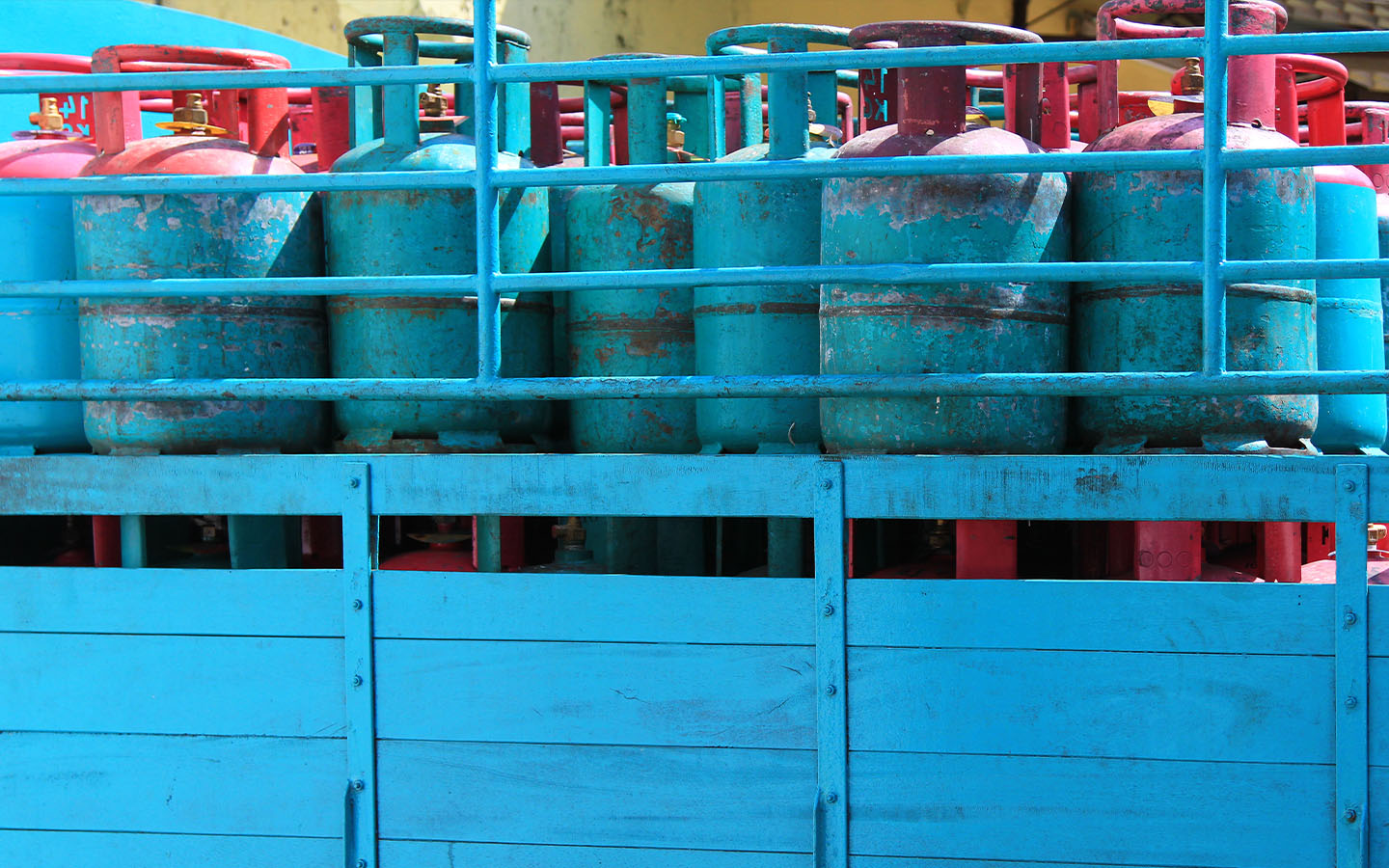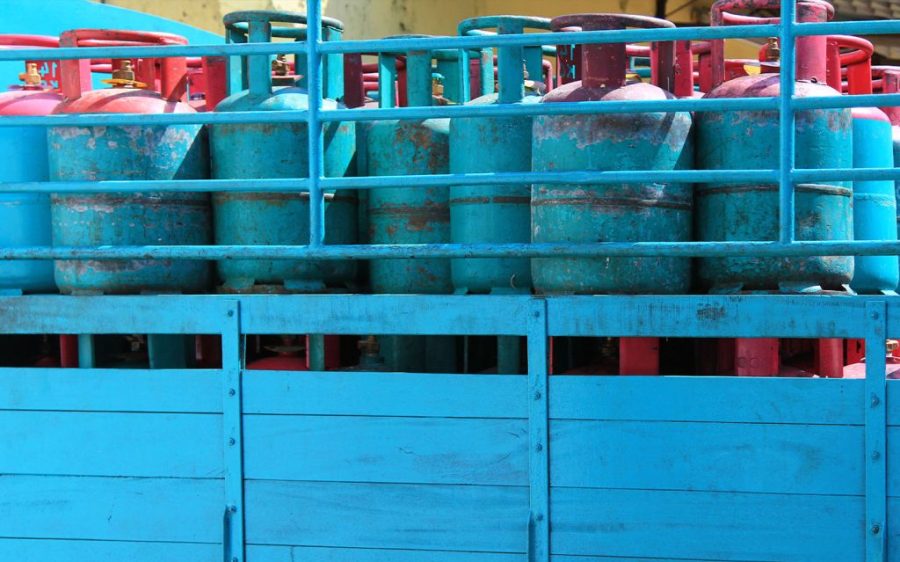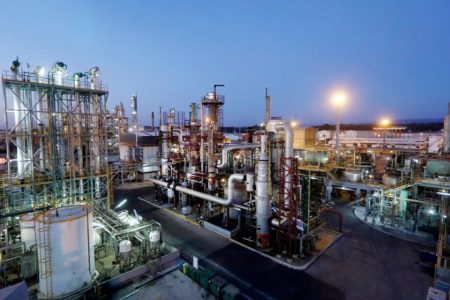In a significant milestone, the first batch of liquified petroleum gas (LPG) for domestic use has been loaded into transporters in Mozambique, reports Mozambican news agency AIM.
South African petrochemical giant Sasol carried out the experimental operation last Tuesday. The LPG is being processed at the Integrated Processing Plant (IPF) in Inhassoro (Inhambane), considered one of the most modern of its kind in Africa.
With the capacity to produce up to 30,000 tons of LPG annually, the IPF is expected to slash costly imports of cooking gas by around 70 percent, ensuring a more stable and predictable supply for the domestic market.
In a statement, Sasol’s general manager for Mozambique Ovidio Rodolfo lauded the inaugural shipment as a significant step toward monetising natural gas within the country, creating “greater value for the national market.”
[See more: TotalEnergies affirms that it is ready to restart its huge Mozambique LNG project]
The IPF is part of the US$1 billion production sharing agreement signed by Sasol and the Mozambican government. The deal also includes the production of around 4,000 barrels per day of light oil and 23 petajoules of natural gas, destined for the 450-megawatt Temane Thermal Power Plant, which is set to become the country’s second-largest power plant.
As Mozambique’s first domestic gas processing and production unit, the IPF will allow the country to process its own hydrocarbons locally, reducing import costs and strengthening energy security.
The LPG is being produced from natural gas extracted from the Inhassoro and Govuro reservoirs, industrial processes transforming into what Sasol describes as “a clean, safe and efficient fuel.”
Sasol emphasised its role as “a pioneering operator in the Mozambican oil and gas industry,” committed to supporting the country’s industrial growth, local value creation and continued development of the sector.






